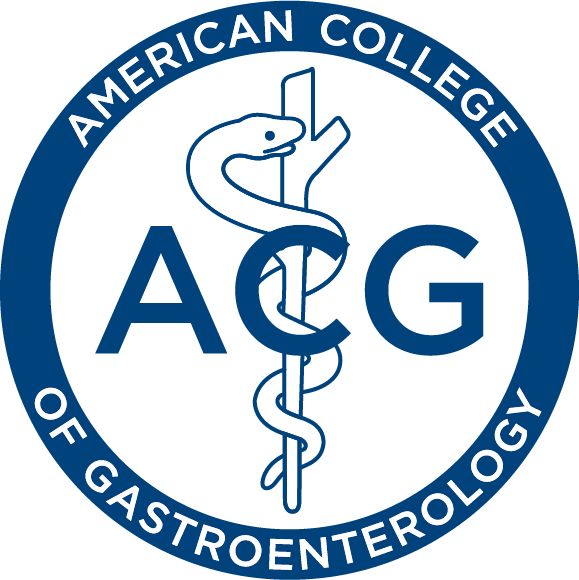Newswise — Researchers at Howard University College of Medicine (Washington, D.C.) found a high prevalence of premalignant polyps among their asymptomatic, average-risk African American patients. This study underscores the need for greater diligence for screening this population — to remove polyps before cancer has a chance to develop. The findings will be presented at the 68th Annual Scientific Meeting of the American College of Gastroenterology.
"Colon cancer is the second leading cause of cancer-related death within the United States," said Duane T. Smoot, M.D., FACG, of the Gastroenterology Section of the Department of Medicine at Howard University College of Medicine. "Recent data have shown a slight increase in the number of deaths related to colorectal cancer in African Americans."
Dr. Smoot and his colleagues enrolled 100 African American men and women in their study. All were over 50 years old and had not been recently screened for colorectal cancer. They were considered average risk because they did not have a history of colorectal cancer in a first-degree relative, a history of colorectal polyps, or other known colorectal problems. Of the 82 participants who underwent colonoscopy for the study, 26 were found to have either colorectal cancer or premalignant polyps.
Of the 62 polyps removed and examined by the pathologist, two polyps were determined to be malignant, 35 were premalignant (known as adenomas), and 25 were benign.
In this small study, the distribution of patients with polyps was similar for all age groups.
"This study shows that average-risk African Americans have a relatively high likelihood of colonic adenomas which does not appear to increase with age," said Dr. Smoot. "These data further support colon cancer screening in this population while patients are in their 50s, utilizing tests that examine the entire colon, such as colonoscopy."
The ACG was formed in 1932 to advance the scientific study and medical treatment of disorders of the gastrointestinal (GI) tract. The College promotes the highest standards in medical education and is guided by its commitment to meeting the needs of clinical gastroenterology practitioners. Consumers can get more information on GI diseases through the following ACG-sponsored programs:· 1-800-978-7666 (free brochures on common GI disorders, including ulcer, colon cancer, gallstones, and liver disease)· 1-866-IBS-RELIEF and http://www.ibsrelief.org (free educational materials)· 1-800-HRT-BURN (free brochure and video on heartburn and GERD)· http://www.acg.gi.org (ACG's Web site)
###
MEDIA CONTACT
Register for reporter access to contact detailsCITATIONS
American College of Gastroenterology 68th Annual Scientific Meeting
